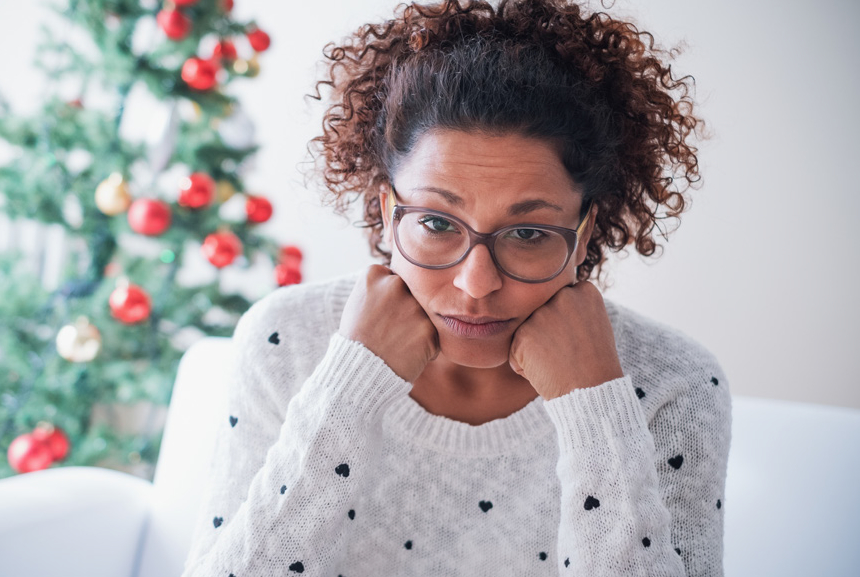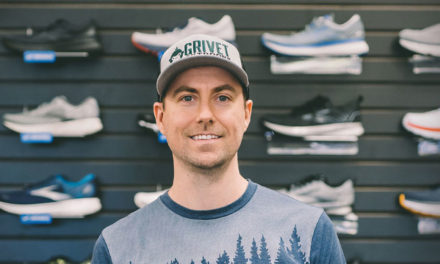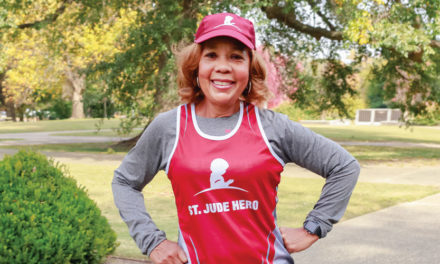The holidays are just around the corner. This year’s season may bring new stressors for many.
Fears of the pandemic and the resulting isolation may trigger stress, anxiety, and depression. It is not the most wonderful time of the year for those struggling with a mental health condition. For individuals dealing with trauma, the sights and sounds of the holidays can elicit an emotional response.
If you are one of these people, it is important to know your limits. It’s okay to say “no” to traditions that cause stress. Other things you can do to help cope include attending support meetings, exercising regularly, and if you still need help, talking to a counselor.
How individuals react to events and situations in life depends on how they cope. Unfortunately, reactions to these emotional survival skills are not always healthy. Just because something works, does not mean it is the right way of handling a situation.
Maladaptive ways of coping (drugs, alcohol, isolation, etc.) that are “comfortable” can quickly become unhealthy addictive patterns. These addictions can become a part of their repertoire of dealing with their stress, hurt, and emotional pain.
The Oaks at Lakeside teaches its patients that coping mechanisms need to be positive. For example, journaling and meditation can help them lead a mentally healthy lifestyle.
According to the Substance Abuse and Mental Health Services Administration, these are ways to helps stay focused on recovery if you are struggling with a substance use disorder:
- Recognize that special days may be difficult. Your feelings are normal.
- Be gentle with yourself by showing yourself the same kindness and patience you would give to others during this time.
- Participate in activities that you enjoy.
- Draw on your faith; spirituality can be a source of strength and comfort.
- Accept kindness and help from others.
- Help others. Volunteering is a healthy way to heal
Here to help
It is never too late to learn new coping skills. Identifying maladaptive coping mechanisms early can help prevent these patterns from destroying a person’s mental and emotional health.
The Oaks is committed to providing integrated, evidence-based outpatient treatment for those who are struggling with co-occurring mental health and substance use disorders. They provide in-person and virtual evaluation and assessments and trauma-focused programming.
If you know someone who is struggling, The Oaks provides no-cost assessments available 24/7.
Charles Winton, LPC, EMDR-II, MMFT is the Program Director at The Oaks at Lakeside. For more information, visit Lakesidebhs.com or call 901.377.4733.







